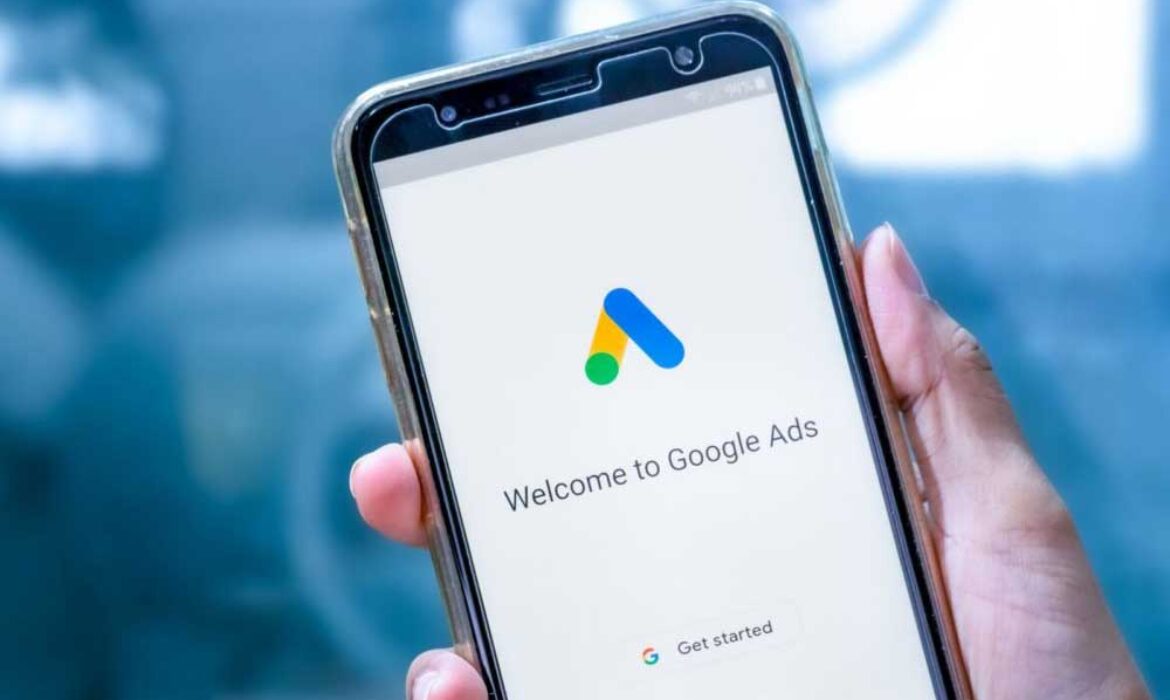Struggling to Boost Your Website’s Visibility?
Do you have trouble deciding between search engine optimization (SEO) and pay-per-click (SEM) advertising?
In Sumow,When it comes to promoting your website, selecting the right approach can be a daunting task. However, experts in digital marketing urge website owners to adopt both SEO and SEM tactics to gain optimal results. While SEO is focused on improving the ranking of your website through relevant keywords and high-quality content, SEM which includes PPC advertising, focuses on driving paid traffic to your website. Combining both techniques (SEO and PPC), not only covers both the organic and paid aspects of advertising but also maximizes your chances of success. This partnership helps in enhancing website visibility, generating traffic, and boosting your overall return on investment (ROI). Therefore, a combination of these two approaches not only increases your online presence but also helps in enhancing your digital marketing strategies to achieve your online goals.
Use SEM ad copy for meta descriptions
Meta descriptions are important for search engine optimization (SEO). They are a short summary of your website’s content that appears in search engine results, under the page title. Your meta description should be both interesting and informative, as it may encourage people to click on your website.
To make your meta descriptions more appealing, use the same style as search engine ads which are brief, convincing and clear with a call-to-action. This will raise the likelihood of people clicking onto your webpage.
Share the words people search for in Google and ads so we can improve our marketing.
A keyword research tool like Google Keyword Planner, Ahrefs, or SEMrush can help you identify the keywords people are searching for in both Google and ads. These tools can provide data on search volume, competition level, and other metrics that can help you determine which keywords to target.
- Use a keyword research tool
- Analyze your keyword data
- Share your keyword data with your team
- Use your keyword data to inform your marketing strategy
Use site link extensions in your SEM ads.
Link extensions can help your website appear higher in search engines like Google and Bing. You can add them to your ads on both platforms. These links take people directly to different pages on your website. This makes it easier for them to find what they’re looking for and improves their overall experience. These extensions can also help your website remain high in search results, which is good for your website’s search engine optimization.
SEO and SEM are important for digital marketing success. SEM ads won’t make your website rank higher on search engines and only improve ad performance, while optimizing your website for organic search rankings won’t improve PPC ads’ performance. The best strategy is to use both techniques together to achieve the success you desire.
The expired domain may already be indexed by Google, allowing the new site to rank more quickly
Unused website names can be sold and used for ads.
Expired domain is a previously owned web address that can now be used by someone else for their own website. While it doesn’t guarantee success, it can help to reach more people online. Consider using an expired domain to improve or create your website and gain more followers.
In summary, parked domains registered for ad revenue and listed for sale as “expired domains” are very common. But they do not come with the same potential benefits as a domain that was previously used for an active website and has since expired.
What is the power of expired domains?
Someone wants to know if an unused website’s influence can make Google rank the site faster.
Website names can expire if the business shuts down or if the owner forgets to renew it. This happens more often than people realize:
Expired domains have a few benefits that are not obvious, like they already have links that are established and authority that can be used for different purposes.
Unused old websites don’t improve search engine rankings.
SEO specialists would purchase domain names with spelling errors and redirect them to affiliate websites. This resulted in improved search engine rankings for the affiliate website. This process would typically take a few weeks.
Buying misspelled domains with a lot of inbound links and buying expired domains were all part of a PageRank recycling scheme to help sites rank without having to develop links.
Google can now manage domains that are no longer active.
Back in the year 2003, during the early days of the internet, the well-known search engine giant, Google, made a notable discovery. Through rigorous testing and updating their algorithm, the tech behemoth stumbled upon a technique that enabled them to reset the PageRank of expired domains with relative ease. The key to this breakthrough discovery lied within their innovative links-related algorithm, which was tweaked to allow for granting expired domains the opportunity to start fresh and gain a clean slate, so to speak. In simpler terms, Google had found a solution to a common problem many online businesses have faced – the difficulty of getting back on track and regaining credibility once their domain has expired. Thus, this new technology helped bridge the gap and allowed for a smoother process of renewing expired domains and boosting their general ranking on the internet.
Fighting search results.
Some SEOs think that Google can’t reset PageRank for expired domains when it comes to expired links.
- Google can stop links in the sidebar and footer from affecting PageRank.
- Google limits PageRank flow based on link relevance. No context means more limited flow.
- Google can stop PageRank from going from one website to another.
Looking to Maximize Your Online Advertising ROI?
Want to know the one thing that every successful digital marketer does first to ensure they get the biggest return on their marketing budget? It’s simple: goal-setting. This is an absolutely essential practice for any digital marketer who knows how to execute their campaigns in a productive, cost-effective way. With a few. With a few simple tips, you can be doing the same in no time! In this blog, we’ll walk you through the first steps every savvy digital marketer takes to ensure that they’re on target to hit all their marketing objectives. Get ready for revenue!
Remember: even if the channel you’re considering is all the rage right now, it might not fit your brand. Always make informed decisions that directly relate to your company. Otherwise, your message won’t be delivered to its intended audience and you’ll have wasted time, effort and money.
Know Your Digital Goals
The first step is clearly identifying which goals you want to achieve. Get specific. Do you want to increase brand awareness? Are you all about locking in leads? Do you want to establish a strong network of influencers that can help you be discovered? How about pushing engagement on social media?


Get Specific
A useful tool for narrowing down your goals to ensure they’re viable is the SMART mnemonic. It’s important to get specific to understand exactly what you’re working towards, and help you break down the process of hitting your targets. This is exactly what this mnemonic helps you to achieve.
- Does the channel reach my intended audience?
- Is the channel sustainable and affordable within my company’s marketing budget?
- Will I be able to measure the success of the channel?
- Does the channel allow me to express my brand’s intended message?
- Do the channels I’m considering work together to convey my message?

Always Remember Your Goals!
Establishing a solid vision for your business is the first step to planning your digital marketing budget. Always keep your final goals in sight when organising anything for your company. When deciding which steps to take next in your business, ask yourself how they will help you achieve the goals you outlined in Step #1. This will ensure that you stay on track and prevent you from spending your budget on anything that won’t help you achieve.
Cum et essent similique. Inani propriae menandri sed in. Pericula expetendis has no,
quo populo forensibus contentiones et, nibh error in per.Denis Robinson
As your budget progresses and evolves, continue referring to your SMART objectives. Stay focused and remember your goals – they will always inform what your next step will be!


